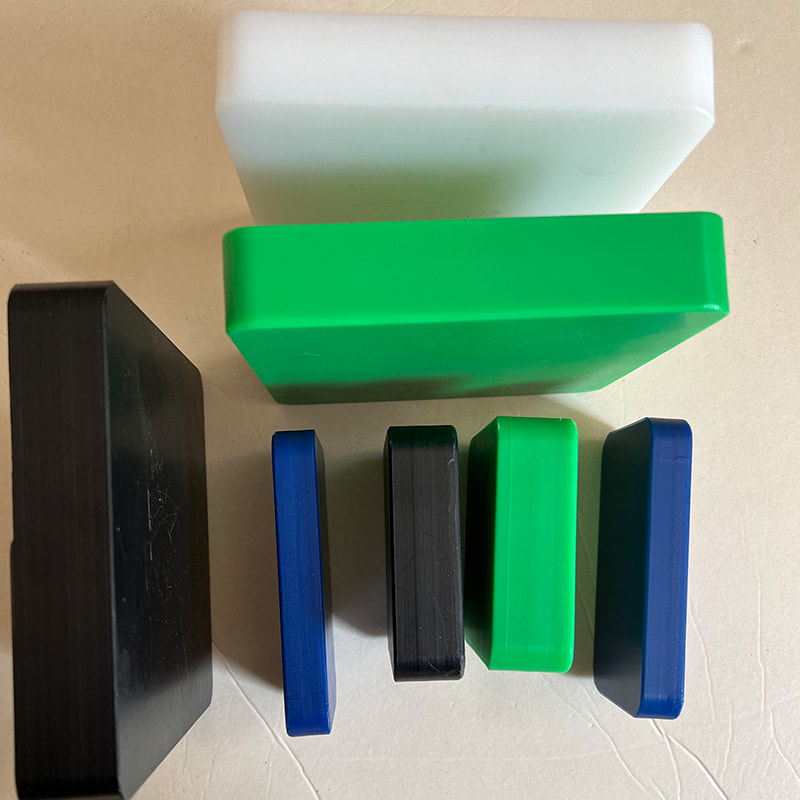Unlocking the Potential of Rubber Tires: A Comprehensive Guide
Rubber tires are a critical component that keeps our modern world moving. From automobiles to airplanes, these versatile and durable tires play an essential role in ensuring smooth transportation and efficient industrial operations. In this comprehensive guide, we will delve into the different types and applications of rubber tires, exploring their advantages and the key factors to consider when selecting the right tires for various purposes.

The Composition of Rubber Tires
Rubber tires are primarily made of a combination of natural and synthetic rubber compounds. The outer layer, known as the tread, is the part that comes into direct contact with the road surface. It is engineered with specific patterns and grooves to enhance traction and grip. The sidewall of the tire provides structural support and protection to the tire, while the innermost layer, called the inner liner, helps maintain air retention.
Types of Rubber Tires
There are several types of rubber tires designed to cater to different vehicles and applications. Some common variants include:
Passenger Car Tires
Passenger car tires are the most common type of rubber tires found on everyday vehicles. They are designed to provide a smooth and comfortable ride, low road noise, and improved fuel efficiency.
Commercial Truck Tires
Commercial truck tires are built to withstand heavy loads and extended travel distances. They offer exceptional durability and are a vital component of the trucking and logistics industry.
Aviation Tires
Aviation tires are specifically engineered for aircraft. They must handle the high speeds and weight of planes during takeoffs and landings while ensuring maximum safety.
Off-Road Tires
Off-road tires are rugged and designed to handle challenging terrains such as mud, rocks, and sand. They are commonly used on SUVs, 4x4 vehicles, and all-terrain vehicles (ATVs).
Industrial Tires
Industrial tires are heavy-duty tires used on construction equipment, forklifts, agricultural machinery, and other industrial vehicles. They are engineered to withstand rough and demanding environments.
Advantages of Rubber Tires
Excellent Traction
Rubber tires offer exceptional traction on various road surfaces, which is crucial for safe driving and optimal vehicle performance.
Enhanced Safety
The tread patterns of rubber tires are designed to improve grip, stability, and braking performance, reducing the risk of accidents.
Comfortable Ride
For passenger vehicles, rubber tires provide a smooth and comfortable ride, minimizing vibrations and road disturbances.
Fuel Efficiency
Efficient rubber tires with low rolling resistance can contribute to improved fuel efficiency, helping to reduce overall fuel consumption.
Additional resources:HDPE Pipe vs PVC Pipe: Which is the Future of Plumbing?
What is the coefficient of roughness for HDPE pipe?
How do you choose plastic material for injection molding?
Which mat is best for cow?
Enhance Your Style: Vibrant O-Ring Color Dots
Boost Efficiency: Buy Quality Abrasion Rubber Dredger Hoses
What is HDPE pipe prices?
Longevity
With proper maintenance, rubber tires can have a long lifespan, providing value for money over the years.
Selecting the Right Rubber Tires
Consider the Vehicle Type
The type of vehicle you have is a crucial factor in choosing the appropriate rubber tires. Whether it's a passenger car, truck, SUV, or specialized vehicle, each has specific tire requirements.
Assess Driving Conditions
Evaluate the typical driving conditions you encounter. For urban commuting, highway driving, or off-road adventures, there are tires optimized for each scenario.
Check Tire Size and Load Rating
Ensure that the selected tires match the recommended size and load rating for your vehicle to maintain its performance and safety.
Review Tread Patterns
Different tread patterns offer varying levels of performance on different terrains and weather conditions. Choose the pattern that best suits your driving needs.
Consider Seasonal Tires
For regions with distinct seasons, consider using seasonal tires such as winter tires for improved traction in snow and ice.
Proper Tire Maintenance
Regular Inspection
Perform regular visual inspections to check for signs of wear, damage, or uneven tread wear. Address any issues promptly to maintain tire performance.
Tire Rotation
Regularly rotate tires to promote even wear and extend their lifespan. Follow the vehicle manufacturer's guidelines for the recommended rotation pattern.
Proper Inflation
Maintain proper tire pressure as recommended by the vehicle manufacturer. Proper inflation ensures optimal performance and safety while also improving fuel efficiency.
Conclusion
Rubber tires are an indispensable part of modern transportation and industrial operations. With their exceptional traction, safety features, and comfort, they continue to play a vital role in ensuring efficient and safe travel.
When selecting rubber tires, consider the specific vehicle type, driving conditions, tire size, and tread patterns to make the right choice. Regular maintenance, including inspections, rotations, and proper inflation, will help maximize the longevity and performance of your rubber tires.
Embrace the potential of rubber tires and experience the reliability and quality they bring to your vehicle or machinery. Whether on the road or in industrial settings, rubber tires keep us moving forward, one smooth ride at a time.
Additional resources:What are the properties of PTFE tubing?
What are the advantages of buying PP plates for the B2B purchase stage?
What is FKM used for?
What is HDPE pipe prices?
What are the advantages of uPVC pipe?
Which supplier offers the best nylon sheets for sale?
Which Innovative Projects Can Utilize 6mm Plastic Sheets?
334
0
0
Related Articles
-
187
0
0
-
Vintage T-Shape Bakelite Knobs: Timeless Elegance
Google Hot Topics: Vintage T-Shape Bakelite Knobs: Timeless Elegance?
96
0
0
-
Which HDPE pipe prices in Kenya offer the best value for money?
Which HDPE pipe prices in Kenya offer the best value for money?
231
0
0
-
104
0
0
-
90
0
0
-
93
0
0
-
Which factors to consider when purchasing UHMW-PE fender panels and sills?
Which factors to consider when purchasing UHMW-PE fender panels and sills?
102
0
0
-
105
0
0









Comments
All Comments (0)